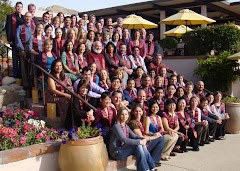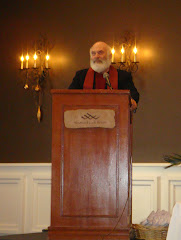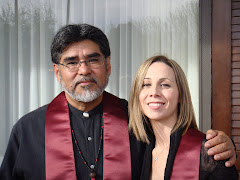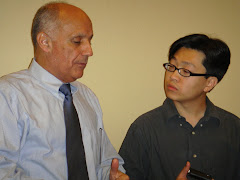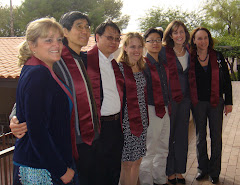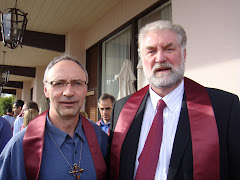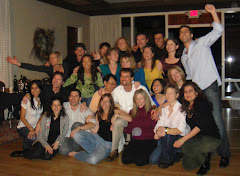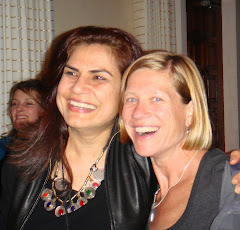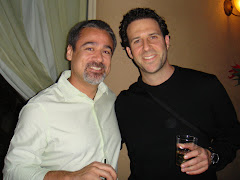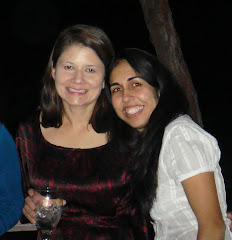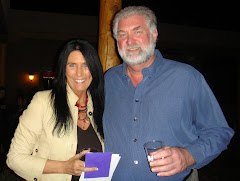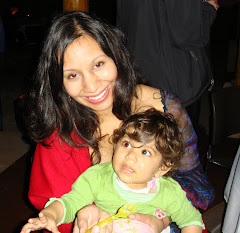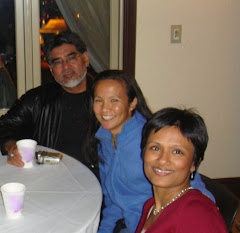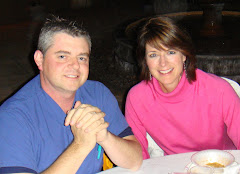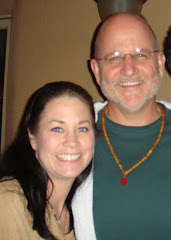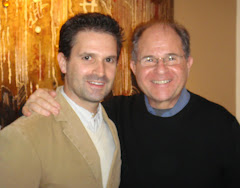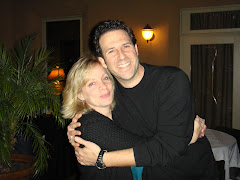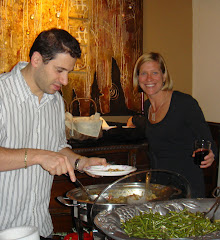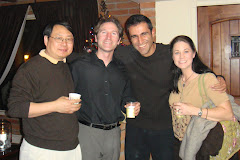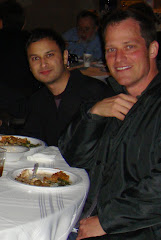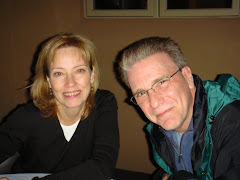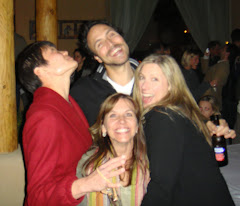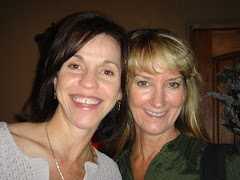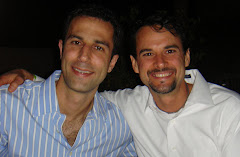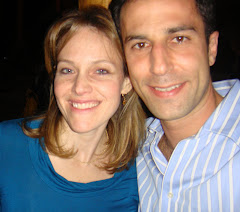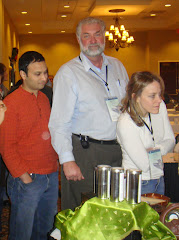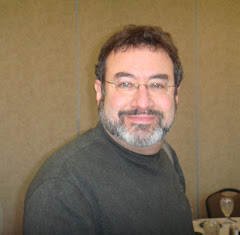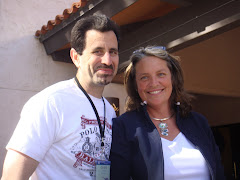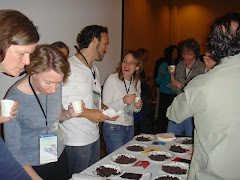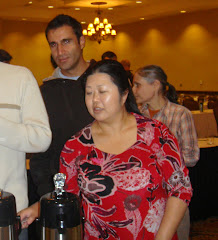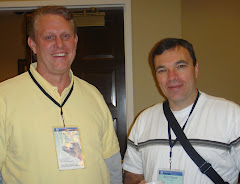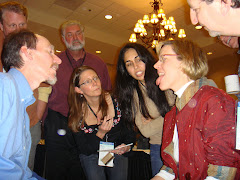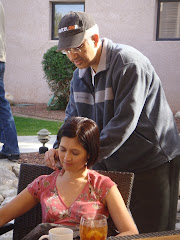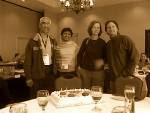Methinks that the moment my legs began to move, my thoughts began to flow- Henry David Thoreau
Every day I have patients who come to me asking what they should take to help prevent memory loss or to treat depression or “brain fog” – a loss of ability to concentrate fully. I have several supplements that can help those things, but there is one prescription that is more proven, consistently helpful and accessible than any pill – prescription or over the counter supplement. It’s called exercise.
Evidence is mounting that physical exercise is good for the brain as well as the body. Of course we know that vigorous cardiovascular exercise, like running, elicits an increase in endorphin production, those feel-good chemicals made by our brain that elevate our emotions. But we also know that there are other, longer term, neurologic benefits of exercise.
It turns out that aerobic exercise slows the loss of gray matter, the part of the brain that atrophies as we age. This is one way in which exercise keeps us mentally young. Gray matter makes up the cerebral cortex, the part of the brain that allows for processing of information. Research shows that the more dense the gray matter is in a particular region of the brain, the more intelligence or skill the brain's owner is likely to have.
While such aerobic exercise like running or using the elliptical machine prevents brain aging, scientists have found that anaerobic exercise, such as working out with weights, stimulates the creation of new brain cells in the part of the brain responsible for memory and learning – the dentate gyrus (part of the hippocampus). Many people think that the brain stops growing by adulthood, but new nerve cells continue to be generated in the hippocampus throughout our lives. Exercise can help stimulate the growth of such cells, which are essential to learning.
On the flip side, stressful events have been shown to destroy these newly developed nerve cells in the hippocampus, making it harder to retain new lessons learned or memories created. This is how those stress-reducing endorphins that get stimulated by vigorous exercise can help protect your brain.
There are other ways in which exercise is neuroprotective, meaning it builds up our ability to defend ourselves against neurologic decline. Exercise causes levels of a substance called Brain Derived Neurotrophic Factor (BDNF) to increase. BDNF has been called “Miracle-Gro for the brain” by Harvard Psychiatrist John J Ratey, MD in his book Spark: The Revolutionary New Science of Exercise and the Brain because it helps nerve cells transmit information better. In fact, low levels of BDNF are associated with depression; so increasing BDNF through exercise can be a natural anti-depressant in a more permanent way than that surge of endorphins.
One more way that exercise helps the brain is by preventing brain damage from stroke. Many studies attest to the benefit of cardiovascular exercise in preventing or minimizing atherosclerosis, the process by which arteries get clogged with plaque. Strokes occur when such plaque-ridden arteries interfere with blood flow to the brain. One recent study showed that men engaging in intense physical activity had less than half the risk of stroke as those who did not engage in such activities. Furthermore, for those who did have a stroke, the ones who had been exercising before the stroke recovered greater and faster than those who were not physically active. So, exercise was like a great insurance policy that protected people from having stroke and helped them get better even if they did have one.
People spend enormous resources investigating and purchasing supplements that have far less evidence supporting their use in preventing neurological decline than does simple exercise. It may be easier to pop a pill than to go for a run, but the benefits – both short and long term – are more predictable with the running than with the pill.
















